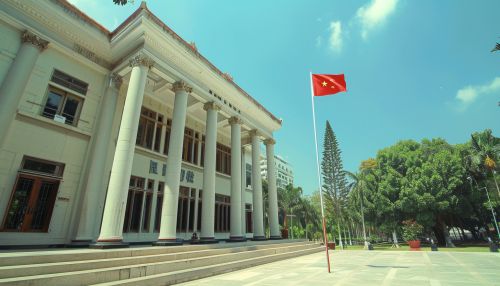One-party state
Definition and Characteristics
A one-party state is a type of sovereign state in which one political party has the right to form the government, usually based on the existing constitution. All other parties are either outlawed or allowed to take only a limited and controlled participation in elections. Sometimes the term de facto one-party state is used to describe a dominant-party system that, unlike the one-party state, allows (at least nominally) democratic multiparty elections, but the existing practices or balance of political power effectively prevent the opposition from winning the elections.


Historical Overview
One-party states explain themselves through various methods. Most often, proponents of a one-party state argue that the existence of separate parties runs counter to national unity. Others argue that the one party is the vanguard of the people, and therefore its right to rule cannot be legitimately questioned. The Soviet Union from 1922 to 1991, the People's Republic of China since 1949, and the Republic of Cuba since 1965 are notable examples of one-party states.
Types of One-Party States
There are several types of one-party states. In some states, the one party is the only legal party. In others, the ruling party legally allows other smaller parties to exist, but these are legally required to accept the ruling party's leadership. Examples of the first type include the Soviet Union and the People's Republic of China. Examples of the second type include the People's Democratic Republic of Algeria and the Republic of Cuba.
Criticisms and Controversies
Critics of one-party states argue that they lack the checks and balances found in multi-party states, which can lead to abuses of power, corruption, and political repression. They also argue that one-party states are less responsive to the needs and desires of the population because they do not have to compete for votes. Supporters of one-party states, on the other hand, often argue that multi-party systems are divisive and lead to political instability.
One-Party States in the Modern World
Despite the criticisms, one-party states still exist in the modern world. Some of the most notable examples include the People's Republic of China, the Socialist Republic of Vietnam, and the Democratic People's Republic of Korea. These countries continue to maintain a one-party system despite significant economic and social changes.
